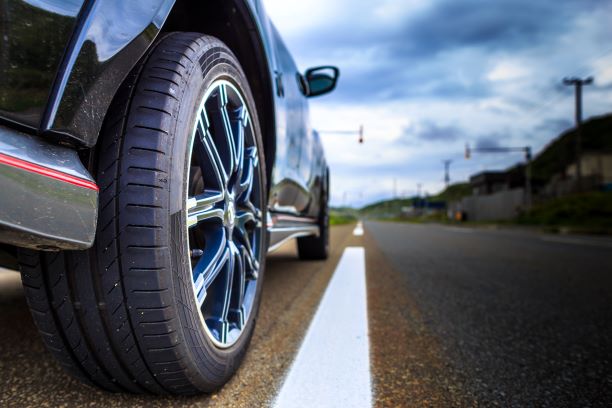Every car comes with running costs. You’ll need to regularly put fuel in the tyres, pay your road tax, and insure the vehicle. One cost that might catch you off guard is that of replacement tyres. When your tread depth dips below the legal limit of 1.6mm (or, ideally, several weeks before that happens), it’s time to invest in some new tyres.
When you go to buy replacement tyres, you’ll be confronted by a wealth of options, each by different car brands. In such a crowded marketplace, it can be difficult to know what’s worth investing in and what isn’t. Let’s run through some of the more important things to look for.
The Brand
Certain brands command more prestige than others. Tyres must, after all, cope with a range of extreme pressures, and trust in the manufacturer is all-important. Established manufacturers take testing extremely seriously, and their tyres are exposed to both in-house and independent testing. Whether you opt for Pirelli tyres, Continental or any one of the premium tyre brands, you’ll be getting superior performance and safety on the road.
Ratings
Check the sidewall of a tyre and you’ll see a confusing cluster of numbers and letters. The last letter in the sequence will tell you how fast the tyre is rated to travel. A ‘W’ tyre, for example, can go up to 168mph; an ‘N’ one can go up to 87mph. Given that the speed limit is much lower than that, you might not think that this matters much – but generally speaking, a higher rating will confer durability benefits even at lower speeds.
Tread Patterns
The grooves on the surface of your tyre serve an important purpose; they’re there to distribute water away from the road, and ensure that you retain adequate grip. The patterns aren’t just there for show; they actually confer practical benefits and drawbacks. What’s important is that you find a tread pattern that matches across all four wheels.
Materials
Modern car tyres aren’t just made from pure rubber, but from a carefully-balanced mixture of materials. The walls might be supported by steel mesh, while the tyre itself might be softer or tougher. A soft tyre will form a more complete contact with the road as it heats up, but it might not be as durable as a tough one.
Price
If you want a premium brand, you’ll have to pay premium prices. In some cases, however, this will make a sensible investment. Check your car’s owner’s manual for a recommendation.









































